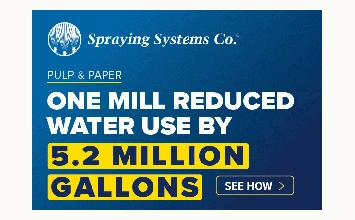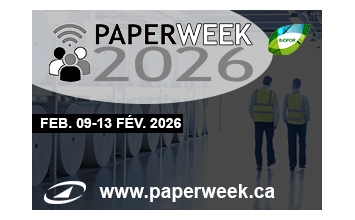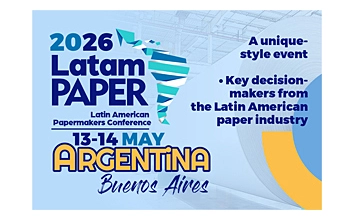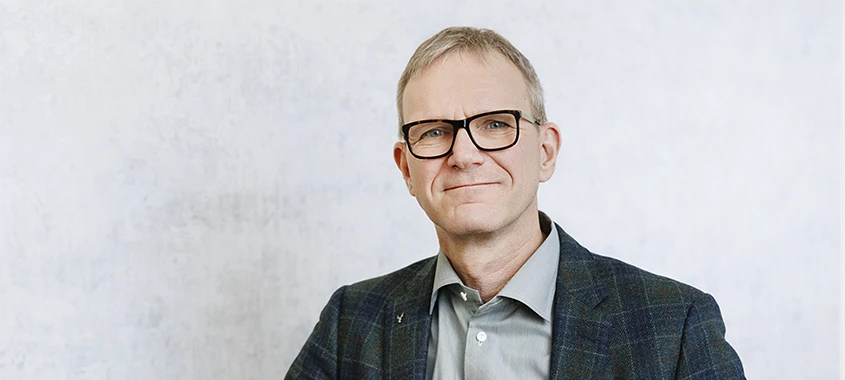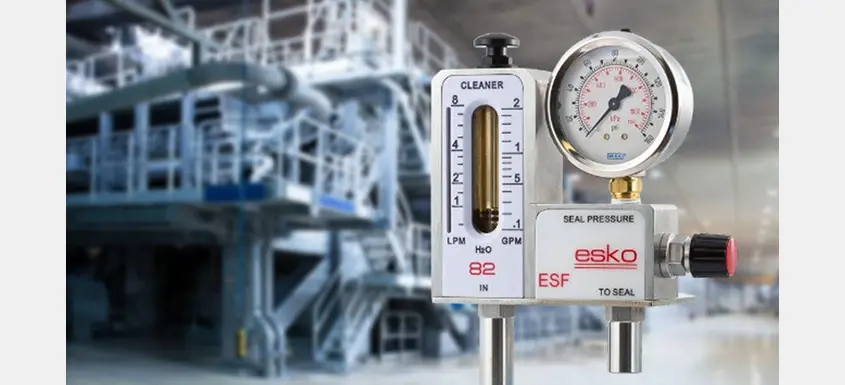UPM has updated its Supplier and Third-Party Code along with a practical guide designed to help partners translate responsible business principles into daily operations.
The renewal reflects evolving EU regulations and growing stakeholder expectations, while reinforcing UPM’s stance that ethical conduct is a non-negotiable foundation for long-term business.
“Supply chains play a central role in responsibility at UPM. With the Code, we want to share our expectations transparently. It defines the minimum level of responsible business on which cooperation with our partners is built,” said Kaisa Vainikka, UPM’s Social Responsibility Director.
The Code is updated regularly to align with regulatory changes and market developments. The latest revision clarifies standards particularly in social and environmental responsibility. Language has been simplified, and the guide is now available online in six languages, making it more accessible to suppliers of all sizes.
Supporting suppliers through guidance and training
The updated practical guide provides examples and good practices to help companies – particularly small and medium-sized enterprises – implement requirements throughout their own supply chains. “Responsible business practices must not be a privilege for the few; they must be possible for all actors in a value chain,” Vainikka emphasized.
UPM also invests in training to support adoption. Internal sessions for employees working with suppliers began in August, and new training for suppliers is in development. “Like the guide, training can help companies understand what the requirements mean in practice,” noted Kimmo Ståhlberg, UPM’s Supplier Quality and Sustainability Director.
Building responsibility through dialogue
UPM stresses that responsible operations are achieved through collaboration. The Code and guide are integrated into everyday supplier cooperation, from tenders to contract negotiations, and ongoing discussions are encouraged.
“We want to maintain an open dialogue about what responsible and ethical operations mean in practice. The intention is not to dictate, but to develop together,” Ståhlberg said.
UPM leads the forest-based bioindustry into a sustainable future. The company provides renewable and innovative solutions in six business areas: UPM Fibres, UPM Energy, UPM Raflatac, UPM Specialty Papers, UPM Communication Papers, and UPM Plywood. Headquartered in Helsinki, Finland, UPM employs around 16,600 people worldwide and reported sales of €10.5 billion in 2024. UPM shares are listed on Nasdaq Helsinki Ltd.













